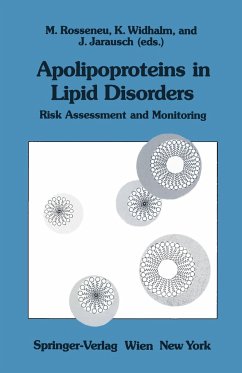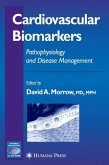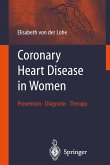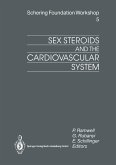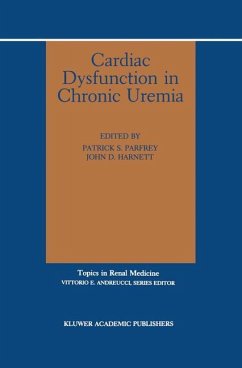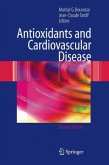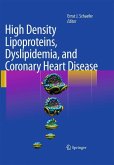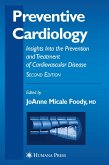There is increasing evidence for the clinicial value of the apo lipoprotein measurements. Besides cholesterol in plasma and li poprotein fractions, which is currently used as an indicator of cardiovascular risk, the measurement of the AI and B apolipopro teins can provide additional information about the patients' clinical status. Several studies show that apo B is higher and apo AI is lower in patients with angiographically documented coronary heart dis ease than in symptomatic patients without coronary heart disease. Moreover, discriminant analysis indicated that the concentration of Apo AI and B in plasma are better discriminators than lipo protein cholesterol for identifying patients with coronary heart disease. In some studies the apo Bjapo AI ratio appears to be a more powerful predictor than individual lipoproteins. In a recent study carried out in men, apolipoproteins AI and B were better correlated with the severity of cardiovascular disease than HDL and LDL cholesterol.The predictive power of apolipoproteins could however not be demonstrated in all studies and the value of apolipoprotein measurements in the field of clinical chemistry is still controversial. This is probably due to discrepancies between the results of various studies, arising from differences in the type of immunoassays, the lack of universal reference materials, differ ences between study protocols, variations in the selection of patients and in the grading and interpretation of coronary lesions.
Hinweis: Dieser Artikel kann nur an eine deutsche Lieferadresse ausgeliefert werden.
Hinweis: Dieser Artikel kann nur an eine deutsche Lieferadresse ausgeliefert werden.

